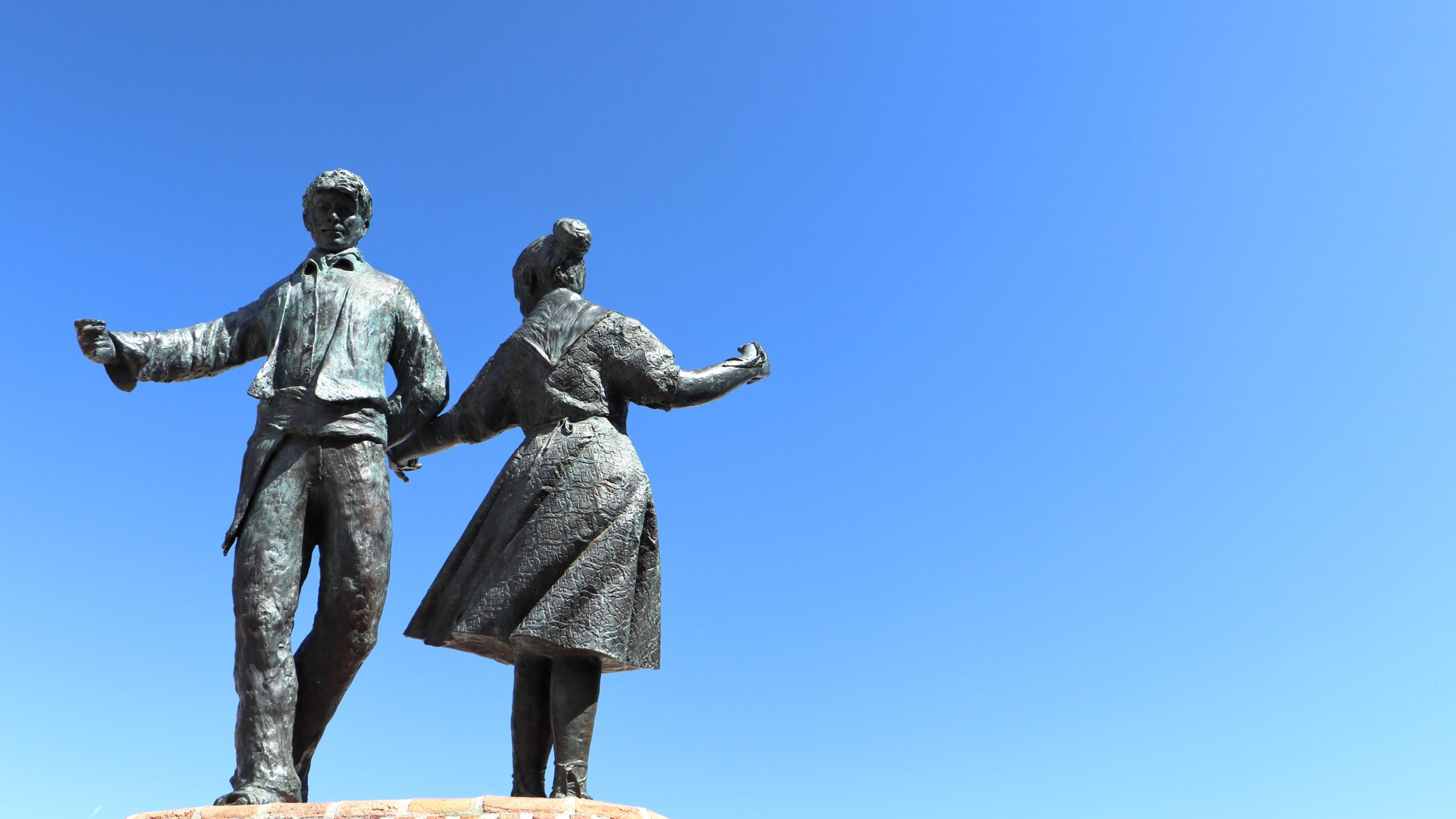
How to feel authentic pride without ego and reclaim a deep sense of self-worth.
I’ve been thinking a lot lately about pride, what it really is, and why so many of us can feel it so clearly for others, but not always for ourselves. I asked myself recently: “Does pride always comes from ego?” That simple question opened a doorway I hadn’t realised I was standing next to…
Feeling Proud of Others, But Not Myself
I don’t often feel pride in myself, but I do feel it—intensely—for other people. When a client overcomes something difficult, or when one of my children achieves something, I feel this warm rush of energy, almost like joy bursting through my body. I smile without meaning to. It’s beautiful. But when I reflect on my own progress, there’s often just silence. No celebration. No “Well done.” Just the next task. The next thing to improve. Maybe you’ve felt this too? There are many reasons why we struggle with feeling proud of ourselves, even when we’ve done something meaningful:
1. Perfectionism and High Standards
We often set the bar so high for ourselves that nothing feels enough. We celebrate 10% progress in others, but we expect 100% from ourselves before we even consider feeling proud.
2. Fear of Ego or Arrogance
We’ve been taught to stay humble, to avoid being “boastful.” So even when we deserve a moment of pride, we shut it down to avoid appearing full of ourselves.
3. Conditioned Self-Worth
Sometimes pride is blocked by the deeper belief that we’re not worthy of praise. That we’re only valuable when we’re helping others, achieving more, or being “useful.”
When Pride Turns Into Self-Deprivation
For some people, the opposite of pride isn’t humility—it’s self-deprivation. Instead of feeling joy for someone else’s success, it triggers a feeling of emptiness, comparison, or failure:
“Why not me?”
“I’ll never be that good.”
“They’re shining—and I feel invisible.”
This isn’t jealousy. It’s a reflection of low self-worth. When someone else succeeds, it acts like a mirror—showing us the parts of ourselves we haven’t yet healed or accepted.
Pride Without Ego: A Return to the Self
So what does healthy pride look like? It’s not loud. It’s not about being better than others. It’s gentle. Grounded. Loving. And it starts with letting go of external validation and returning to what’s true inside:
Healthy pride says:
-
“I showed up today.”
-
“I made progress, even if no one saw it.”
-
“I acted with courage, kindness, or honesty—and I’m proud of that.”
Ego-driven pride says:
-
“I’m better than them.”
-
“Look what I’ve done.”
-
“I need recognition to feel good.”
When we learn to feel proud from the inside out, we don’t need to prove anything. We just know.
3 Ways to Rebuild Self-Worth and Feel Pride in Yourself
1. Practice Daily Recognition
At the end of the day, ask yourself:
“What did I do today that someone who loved me would feel proud of?”
It doesn’t need to be huge—just true.
2. Reframe the Comparison
When others succeed, instead of thinking “I’m behind,” try:
“They’re showing me what’s possible.”
Let their light remind you that you have your own, too.
3. Celebrate Quiet Wins
Give yourself permission to be proud of the unseen moments—the boundaries you held, the kindness you offered, the resilience you showed. These are the things that shape character, not just performance.
You Deserve to Feel Proud—Not Just of Others, But of You
The pride you feel when others grow? That’s real love. Now imagine offering even a fraction of that to yourself.
You are not arrogant for recognising your own progress. You are not egotistical for acknowledging your growth. You are human—and you are allowed to feel proud, even quietly, even softly.
Because the truth is:
Someone else’s success doesn’t diminish your worth.
Their light doesn’t take anything from you.
You deserve to shine, too.
If you’ve ever found it easier to feel proud of others than yourself, you’re not broken—you’re human. Pride doesn’t have to come from ego. In fact, the deepest kind of pride is quiet, rooted in love, and aligned with who we really are. Sometimes it’s not that we haven’t done enough—it’s that we haven’t paused to recognise what we’ve already done. To feel proud isn’t to boast. It’s to honour the journey, the effort, and the moments no one else saw but you. So today, I invite you to take one small breath, and say: ‘I’m proud of myself for showing up.’ Let that be enough. And if you ever forget how far you’ve come—I’ll remind you.
